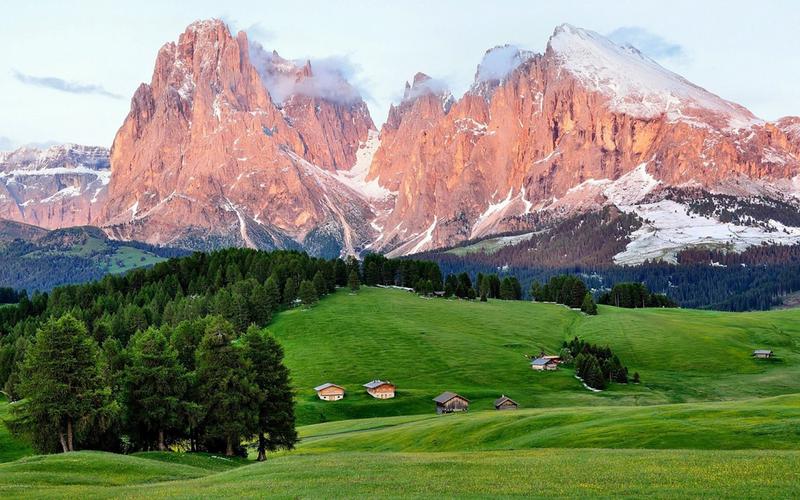Preserving Indigenous Languages: Why it Matters
Indigenous languages are an integral part of cultural diversity and heritage. They represent the history, traditions, beliefs, and way of life of a particular group of people. These languages have been passed down from generation to generation, and they are an essential element of the cultural identity of millions of people worldwide.
However, many indigenous languages are at risk of vanishing forever. With the advent of globalization, urbanization, and modern technology, many indigenous communities are facing various challenges that threaten the survival of their languages. Many younger generations are adopting dominant languages, while others prioritize learning English or other languages that they believe will benefit them in their education or career aspirations.
Preserving indigenous languages is vital because of several reasons. First and foremost, it is a matter of human rights and social justice. Indigenous people have the right to preserve their cultures, languages, and heritage, and it is the responsibility of governments and societies to protect their rights. When a language dies, a unique way of life and worldview dies with it. Languages are not just words and grammar; they are the expression of a people’s history, culture, and traditions.
Secondly, preserving indigenous languages helps to maintain biodiversity. Indigenous languages are often closely tied to the environment and nature. Many indigenous communities rely on traditional ecological knowledge, which is passed down through language, to sustainably manage their ecosystems. When these languages disappear, we lose valuable knowledge of nature and biodiversity that can help us to tackle contemporary environmental challenges such as climate change.
Finally, preserving indigenous languages is vital for education and research. Indigenous languages hold important information about history, medicine, astronomy, and countless other fields. They provide alternative perspectives and insights that can be valuable to scholars, researchers, and policymakers. Preserving these languages can help to enrich our understanding of the world and contribute to a more diverse and inclusive society.
In conclusion, preserving indigenous languages is not just a matter of cultural heritage and diversity, but also a matter of human rights, biodiversity, and education. Governments, communities, and individuals must unite to ensure that these languages are protected, promoted, and celebrated, so that future generations can continue to benefit from the rich cultural and linguistic diversity of our world.
(Note: Do you have knowledge or insights to share? Unlock new opportunities and expand your reach by joining our authors team. Click Registration to join us and share your expertise with our readers.)
